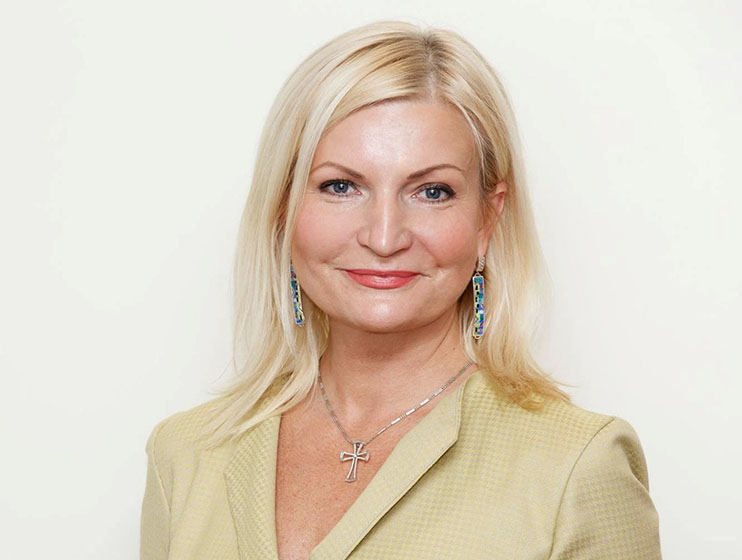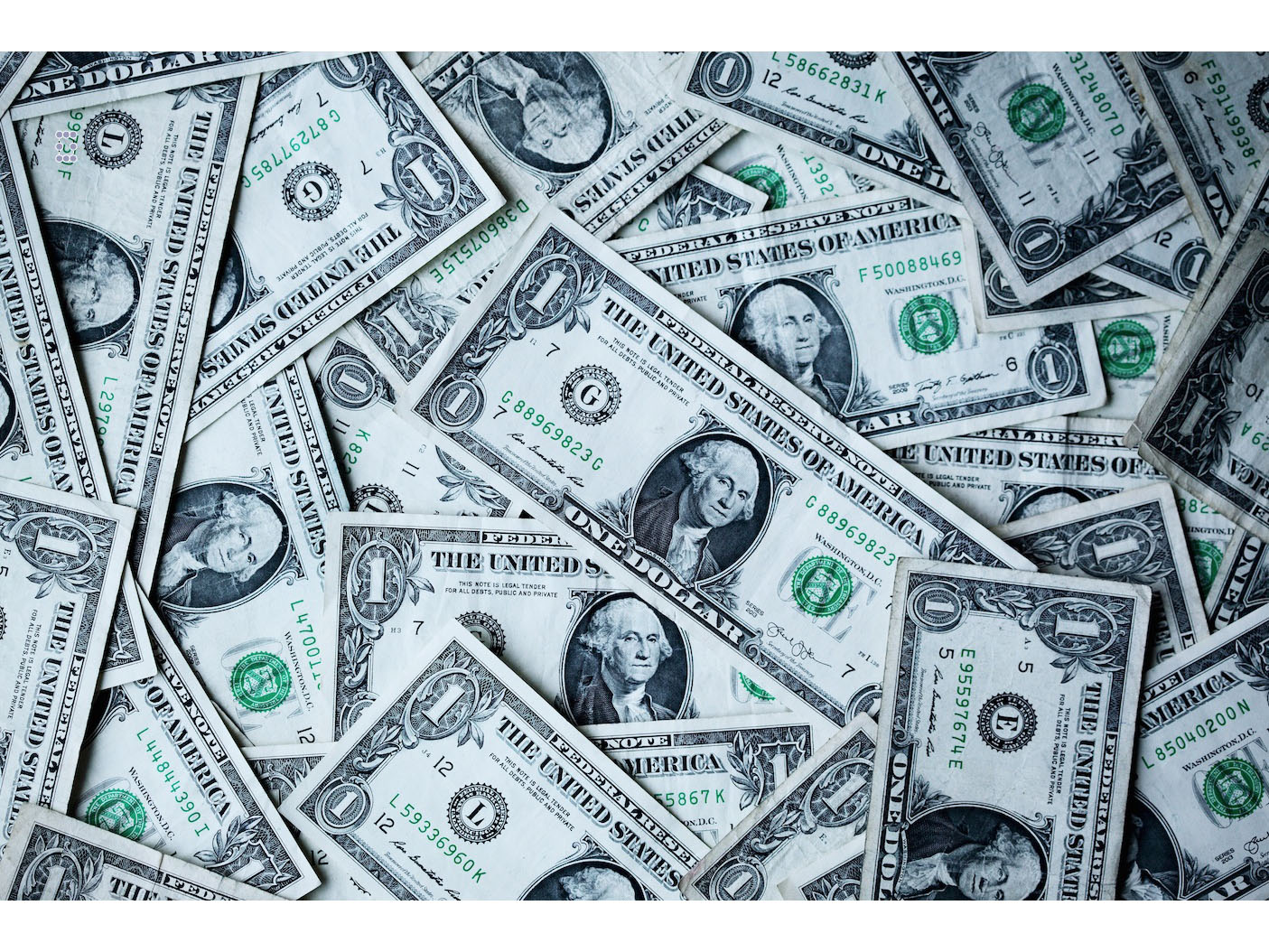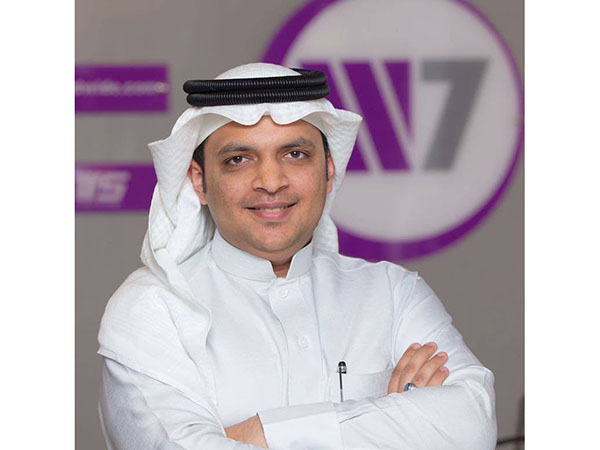News - Events
Alena Ustinovich: ‘Creativity as the engine of economy in crisis times’
May 21, 2020

Any festivals are about the show and celebration, so it is reasonable to assume that perhaps it’s not the best time for all these now. In your opinion, what is the main mission of advertising festivals, today – especially, and why do you find it important to keep White Square festival this year?
It is obvious that now more than ever communications industry needs some sort of impulse, the source of drive and inspiration. The world experiences dire need for fresh, innovative, creative ideas that will really work to improve the situation. The industry needs to get a sense of its current pulse and define which direction to go, in order to adapt and move along with the time. To succeed in this, we need to share experiences, various points of view, new approaches towards work we do. And this is what ad festivals are for. Of course, festivals are also a celebration of creative ideas and creative people, but, let’s admit, a very fruitful celebration.
I think everyone will agree that the main asset of any communication agency is the creative potential of its creative team. It is the key to agency’s ability to offer its customers original ways of brand communication with modern consumer who is constantly in a crazy information flow, and today also in power of pessimistic news. And this is not an easy job requiring huge amount of inspiration. Festivals with their spirit of professional drive and passion, with lots of excellent cases from different countries make advertisers work even harder and motivate them to create greater and greater projects. I remember the words of one of White Square jury members, Ali Rez from BBDO Middle East & Pakistan, who once said that festivals are “the wave that raises all boats.” And considering how difficult it is for a creative team to go through so many validations and approvals on the way to their idea is executed, the possibility to celebrate successful projects seems to be quite deserved to me. Ultimately, the festival scene motivates all involved parties to extract the best out of themselves, develop new ideas and create real added value.
That said, continuing participating in festivals in the current market situation is still the right decision for agencies after all?
For more than a month now, advertising agencies around the world continue to work in regular mode, just remotely. The main priorities for agency CEOs today are protecting employees, serving clients and keeping business viability. However, this list should be extended with realizing the industry’s responsibility for the economy and society, because it’s creativity from where we used to expect solutions in difficult situations and ways to solve complex problems.
Creating relevant original solutions for business tasks is the main mission of agencies, and that is why creativity is the most important criteria for a client to decide not just on the agency, but on a partner who would help to develop the right vector for moving forward. In life-changing times like this, that of an utmost importance for communications industry players to actively demonstrate their capabilities, their creative power, the gift of solving difficult challenges formed by new market and sociocultural realities. In this aspect, advertising festivals are of the particular importance, as these not only promote creativity as an industry, but give agencies the opportunity to stand out on a very competitive market. Festivals are a key tool for promoting creative agencies, in fact, the only effective way of their self-advertising. In a globalized world, festival work is an important strategy for team development, its promotional tool and the way to validate the quality of implemented projects and their compliance with industry trends. Festival awards have always turned agencies into successful and well-known agencies, formed the value of their services, attracted talents and motivated advertisers to produce even more creative projects, and now is high time for that.
How will coronavirus pandemic affect marketing and advertising in the near future?
It’s not news that today's world is facing an unprecedented situation. In just a few weeks, the coronavirus pandemic has led to global changes in business and sociocultural environment, dividing the world into “before” and “after” and challenging international economy and humanity with complicated issues. The search for new effective sources of development and progress gets more complicated because of the high dynamics of the situation, which is changing day by day. Now we literally witness how things that worked yesterday do not work today. Business, and marketing in particular, needs to evolve at an unprecedented rate and on an unprecedented scale. Advertising industry has always been one of the most sensitive areas of business. Mobility, a quick and precise reaction to what is happening on the market, in the world around, in society is just as vital as the ability to adapt to new conditions in Darwin's theory. And today in the marketing of leading world brands and strategies of communication agencies we see exactly such a restructuring, focused primarily on survival.
It's no secret that in times of crisis the first thing companies do is cut budgets for marketing and advertising. How do you feel about such an anti-crisis strategy?
I will cite some research data that confirms that budget cuts really occur, but it’s not actually a way for solving problems but on the contrary it can aggravate the crisis state of business in a longer run. According to a research by Interactive Advertising Bureau (IAB) conducted in the United States in March 2020, a pandemic can have even greater impact on advertising budgets drop than the global economic crisis of 2008-2009. Most respondents reported that they had already made significant changes to the distribution of advertising budgets, and a quarter of those surveyed had suspended all advertising campaigns at all. A similar situation was demonstrated by the studies of Marketing Week and Econsultancy in the UK, during which it turned out that 55% of companies postponed or are in the process of reviewing the feasibility of advertising campaigns in times of crisis, and 60% are reducing and revising advertising budgets.
However, according to the international research company Kantar, which conducted a theoretical test on the example of one of real existing brands, such a position can cause significant damage in the long term. It was found that if the brand reduces advertising costs by 100%, sales will decrease by 13%, which in the long run will make it difficult to restore market share, while a 50% reduction in the advertising budget will result in only a 1% drop in sales. In addition, Kantar conducted a survey of more than 35,000 consumers around the world, which showed that only 8% of people adhere to the position that brands need to suspend advertising in these difficult times. After spending weeks in social isolation, people strive to get as close to normal life as possible and expect global brands to respond unconventionally to the challenges of crisis times.
They say, it is creative solutions that can help global economy to avoid collapse. What, in your opinion, is the role of creative brand communications in modern realities?
Creative approach towards business has demonstrated its high efficiency on various markets long ago. Over the past decade, the growth in global export of creative services has been increasing rapidly around the world. The creative communications industry, we can say, has managed to become a trend of global economy, giving brands competitive advantages not only in the short-term, but also in the long-term perspective. I think that in the context of global crisis, the demand for creative solutions in promotion of goods and services may become even more relevant.
Creative ideas possess magic power to create something out of nothing, to find connections and associations, where it would seem that there are none, to solve problems that, at first glance, cannot be solved. Creative ideas are a prerequisite for a successful business. Creativity is the engine of a brand if we are talking about a specific business unit. And the perpetual motion machine of the economy, if we are speaking about it nationwide or globally. This is an intangible asset that helps reduce real costs and at the same time can increase profits to unexpected sizes. Every year, hundreds of creative cases executed around the world demonstrate successful transformation of innovative and original ideas into real results.
How do you plan to organize White Square this year, will there be any changes in the program? What would you recommend to industry representatives not to lose professional enthusiasm?
Industry is really needy for festivals, now especially, that’s why we took a decision to organize the festival this year, having moved the dates to June 24-26. We still hope to have it in offline format, and we are supported by our jury members, speakers, accredited participants. If we talk about the plan "B", we admit the possibility of transforming the festival into online format, with the use of the latest technologies. That is, the judging will take place in live online discussion of jury members, even if it requires more time than offline meeting, as it will allow to keep the standards of clear and objective evaluation of entries. The same goes for a business and educational program, which can also take place online, in the format of video conference, while maintaining a variety of topics and speakers. Reminding that the call for entries to White Square 2020 is open till May 31 online on official website adfest.by.
I wish all the colleagues to look at the things from creativity standpoint, be realistic, but also optimistic, take care of yourself and people, and, most importantly, remember that it’s Time to Win!
Topics
Recommended
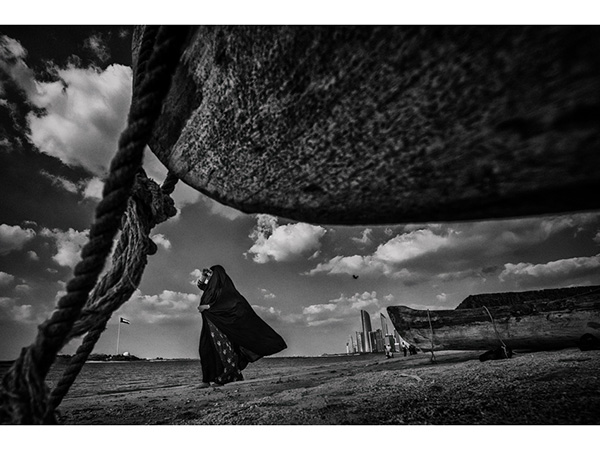
Donell Gumiran announced as UAE's winner for the Sony World Photography Awards 2025
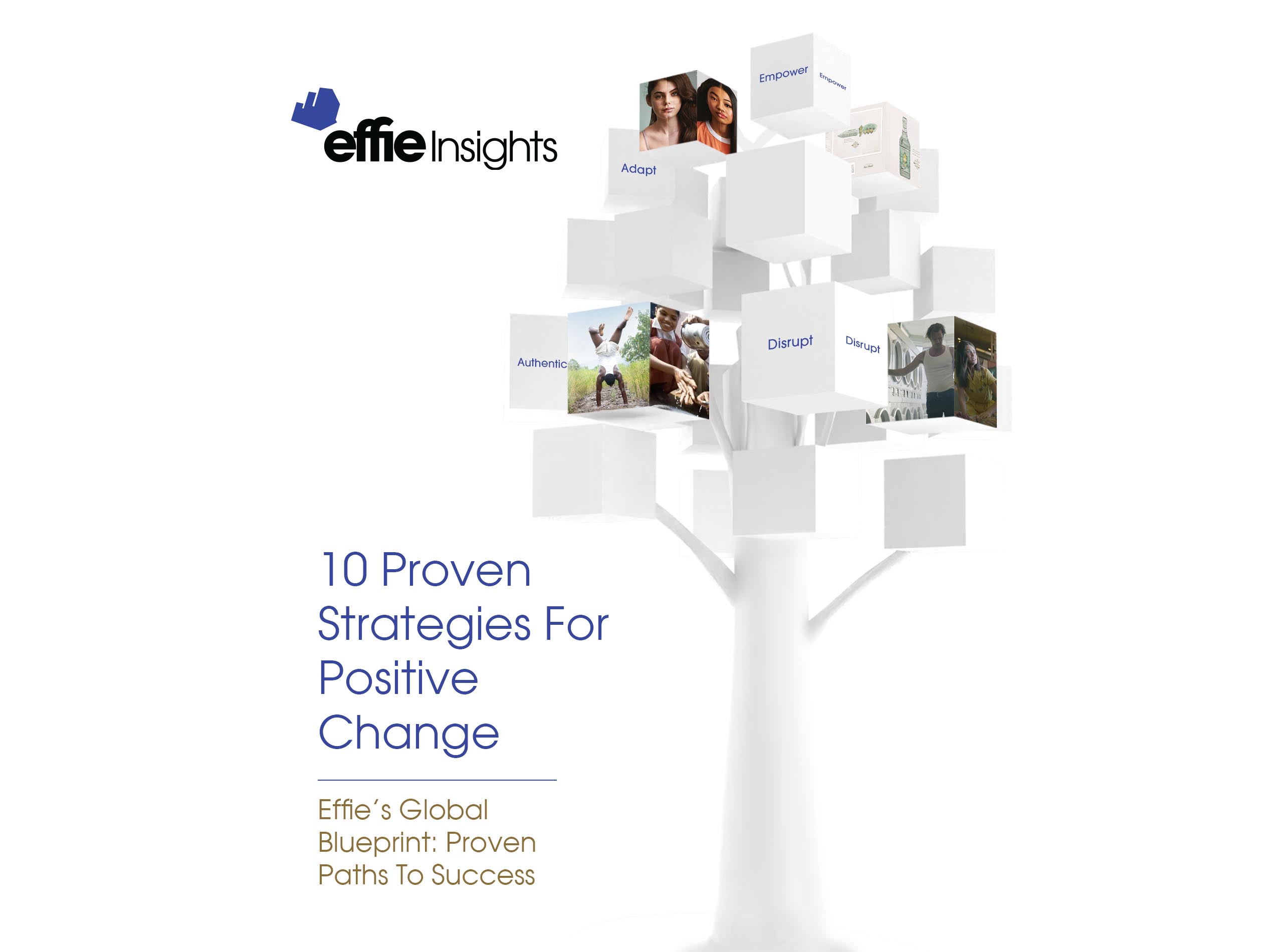
Effie celebrates ten years of championing campaigns that make a difference
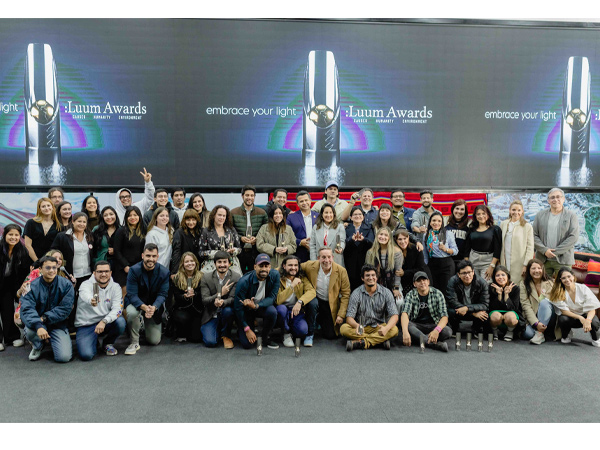
Edelman and Ogilvy star at the Luum Awards, the global festival for purpose-driven communications



